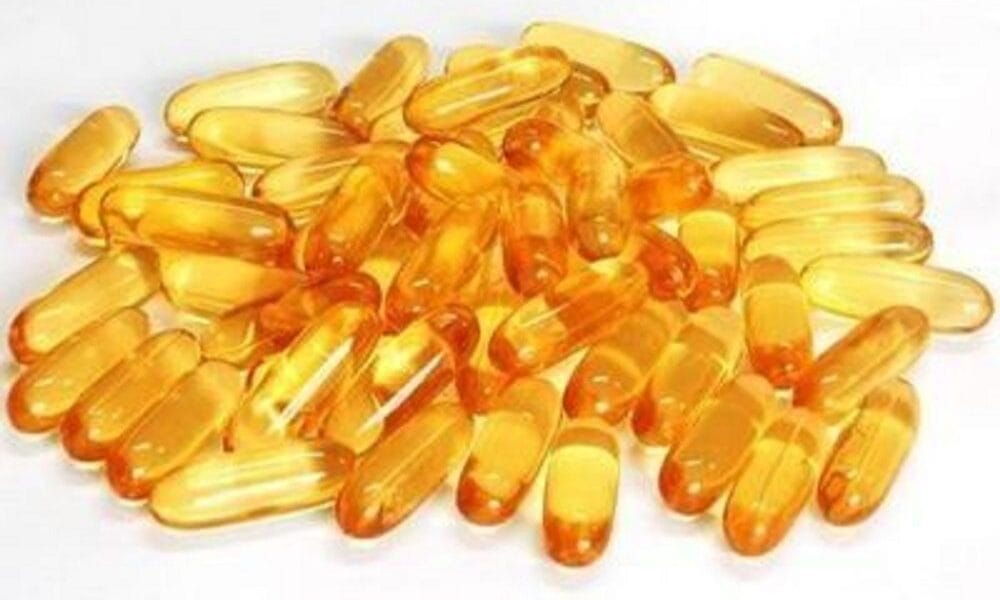A recent study, the EPIC-Oxford study, has presented a perplexing finding: while vegetarians enjoy a lower risk of heart disease, they may face a higher risk of stroke. This unexpected outcome has left researchers searching for explanations, and one potential culprit has emerged – vitamin D.
Vegetarians and vegans often exhibit lower levels of vitamin D compared to meat-eaters. This “sunshine vitamin,” primarily synthesized through sun exposure but also found in some animal-based foods, plays a crucial role in various bodily functions, including bone health and immune function. Studies have suggested a link between low vitamin D status and an increased risk of stroke.
This association raises the question: could the lower vitamin D levels observed in vegetarians contribute to their elevated stroke risk? While the hypothesis seems plausible, the scientific evidence remains inconclusive. Some studies have indeed shown a correlation between vitamin D deficiency and stroke, but establishing a definitive cause-and-effect relationship has proven challenging.
One of the main difficulties lies in separating the direct impact of vitamin D from other lifestyle factors commonly associated with both vitamin D levels and stroke risk. For instance, individuals who spend more time outdoors engaging in physical activity tend to have higher vitamin D levels due to sun exposure. Simultaneously, exercise is known to reduce stroke risk. Therefore, it becomes difficult to isolate whether the lower stroke risk observed in these individuals is directly attributable to higher vitamin D levels or their active lifestyle.
To overcome this challenge, researchers have turned to genetic studies, examining individuals who are genetically predisposed to lower vitamin D levels from birth. These studies aim to eliminate the influence of confounding lifestyle factors. However, even these studies have yielded mixed results, failing to provide a clear indication of increased stroke risk associated with lower vitamin D levels.
The current state of research suggests that while vitamin D plays a vital role in overall health, its specific contribution to stroke risk, particularly in vegetarians, requires further investigation. While addressing vitamin D deficiency through sun exposure or supplementation is generally recommended for overall well-being, relying on vitamin D optimization as a sole strategy for stroke prevention in vegetarians may be premature.
The complex interplay of various dietary and lifestyle factors contributing to stroke risk necessitates a comprehensive approach. While the link between vitamin D and stroke in vegetarians warrants continued exploration, focusing on a holistic strategy encompassing a balanced diet, regular physical activity, and other healthy habits remains paramount for minimizing stroke risk.











